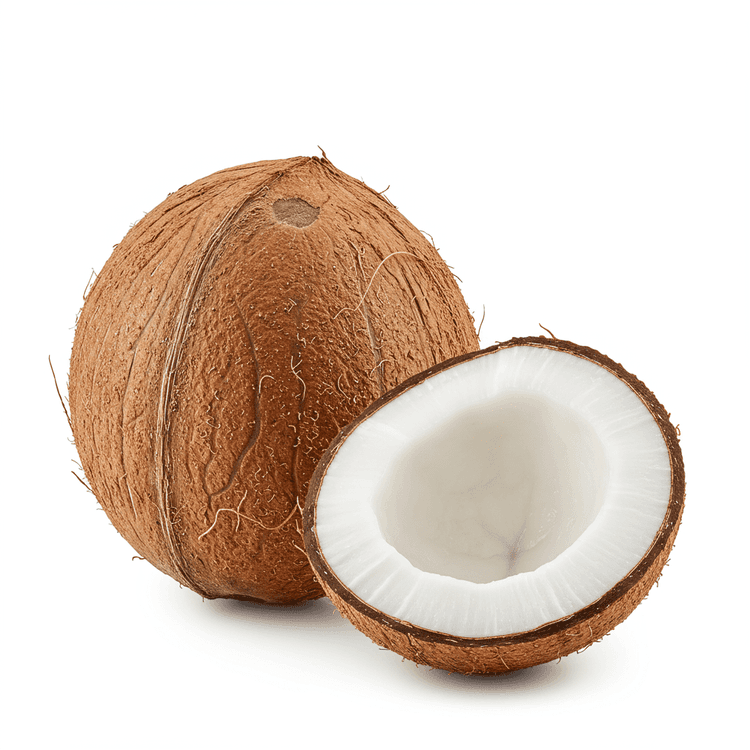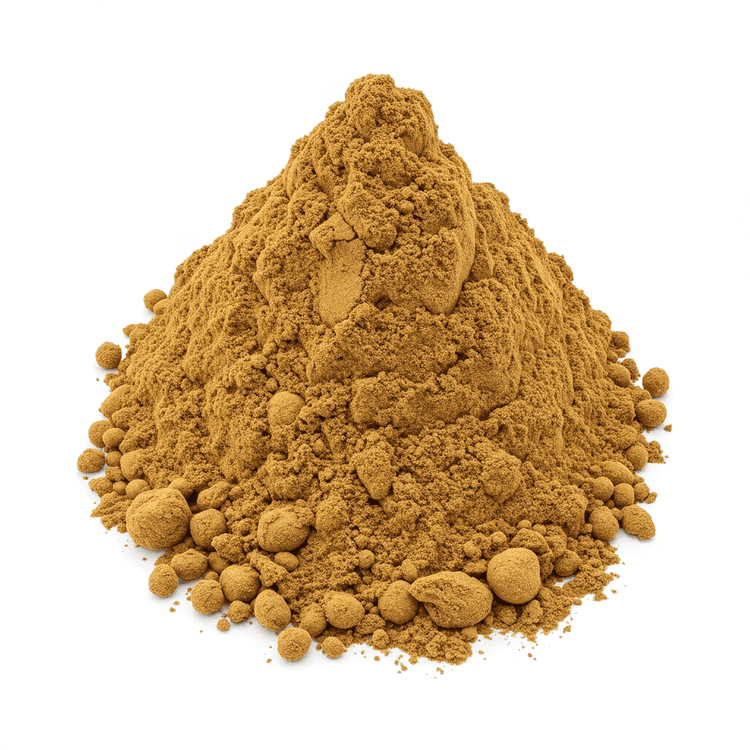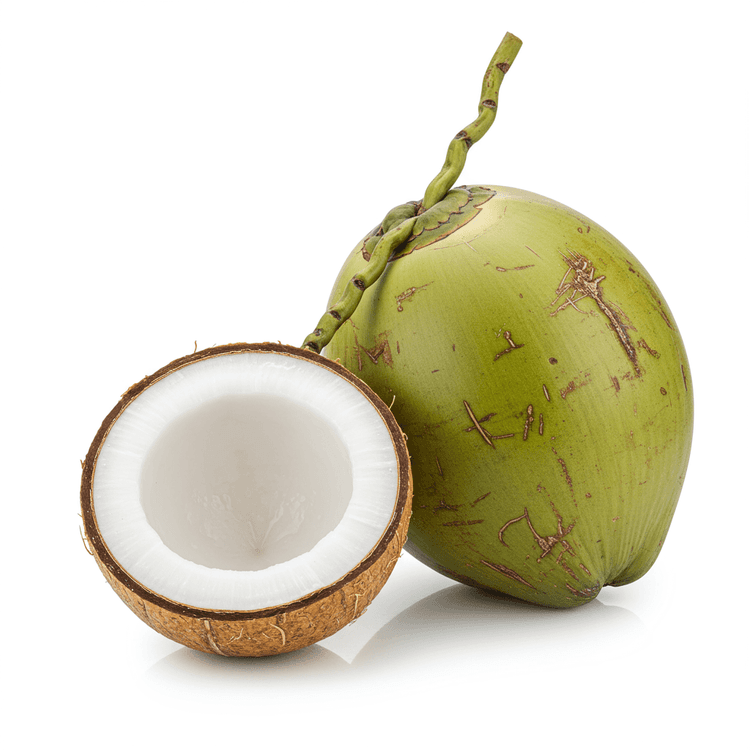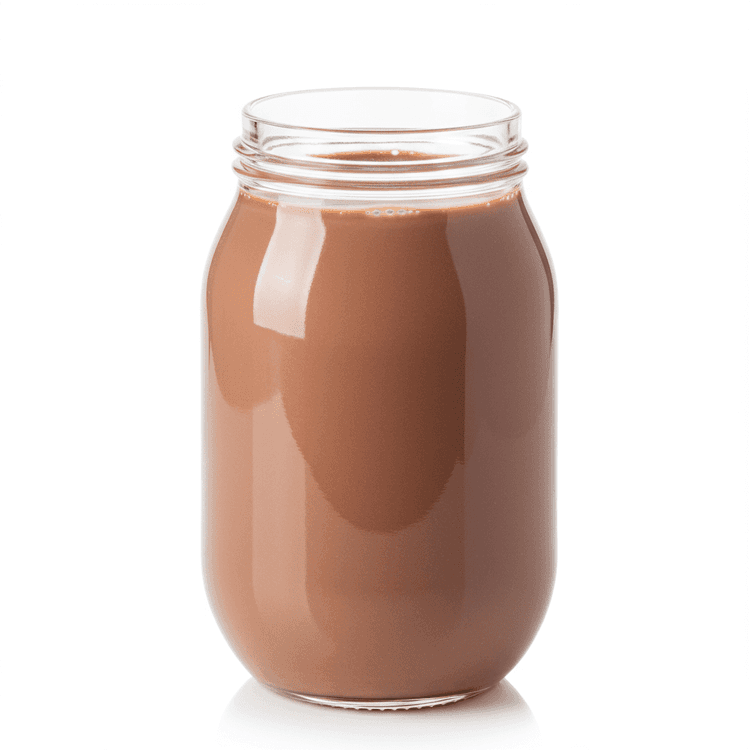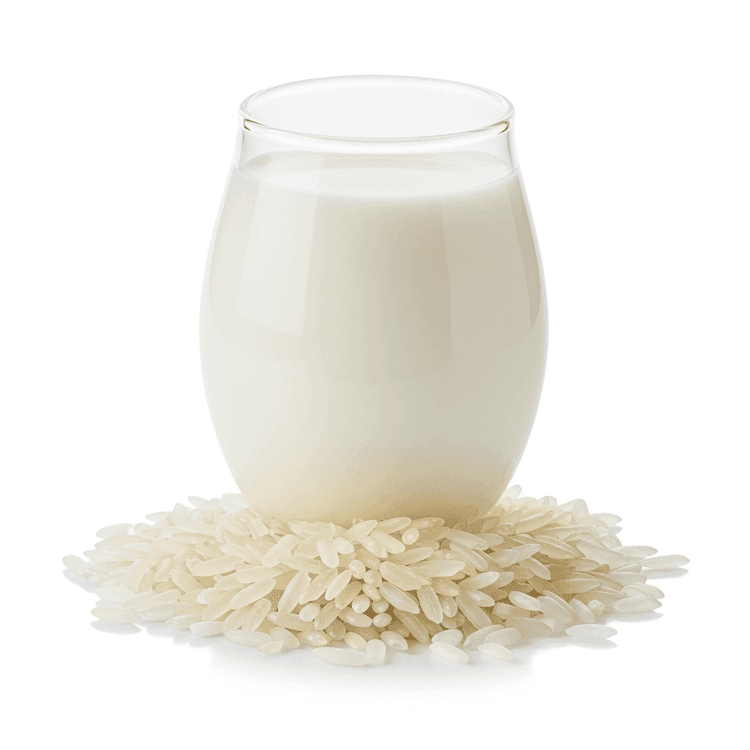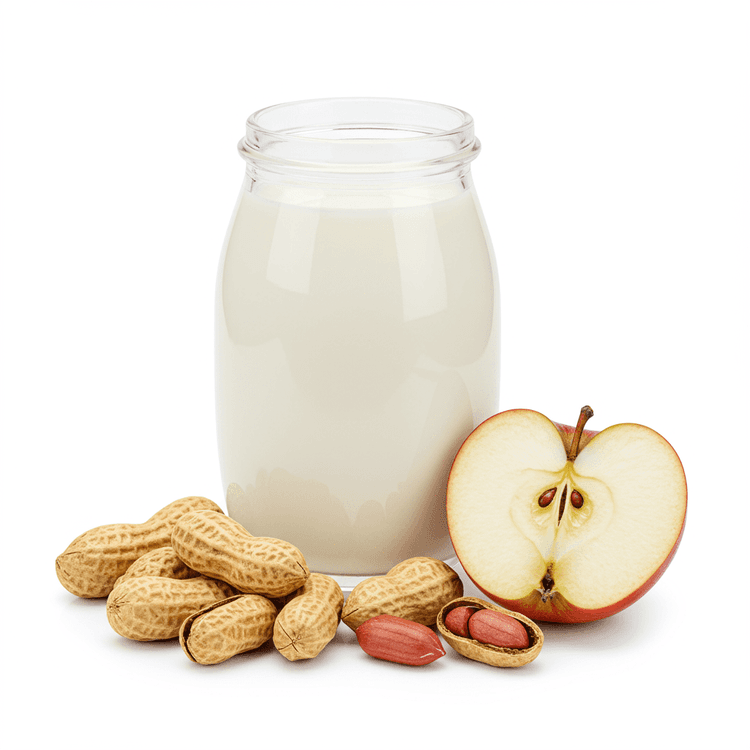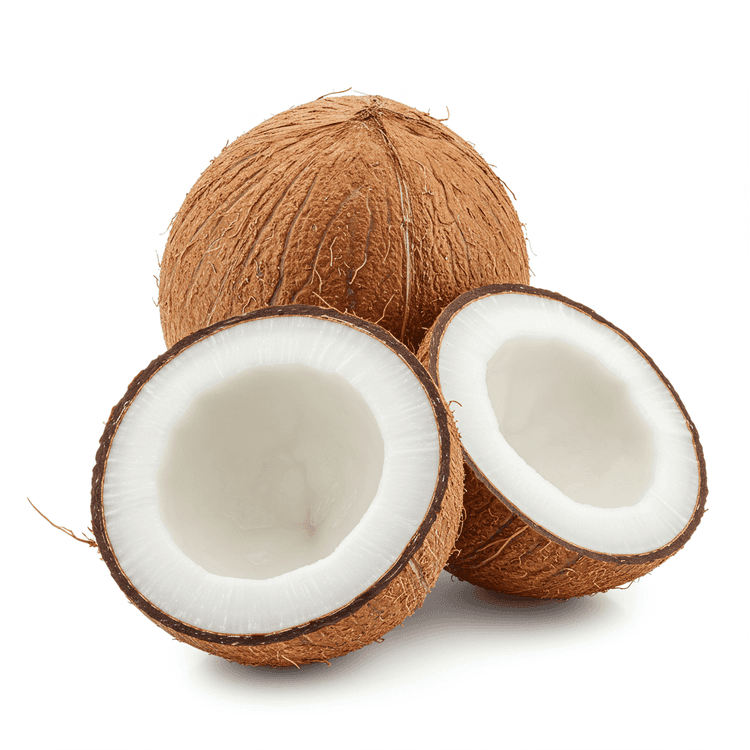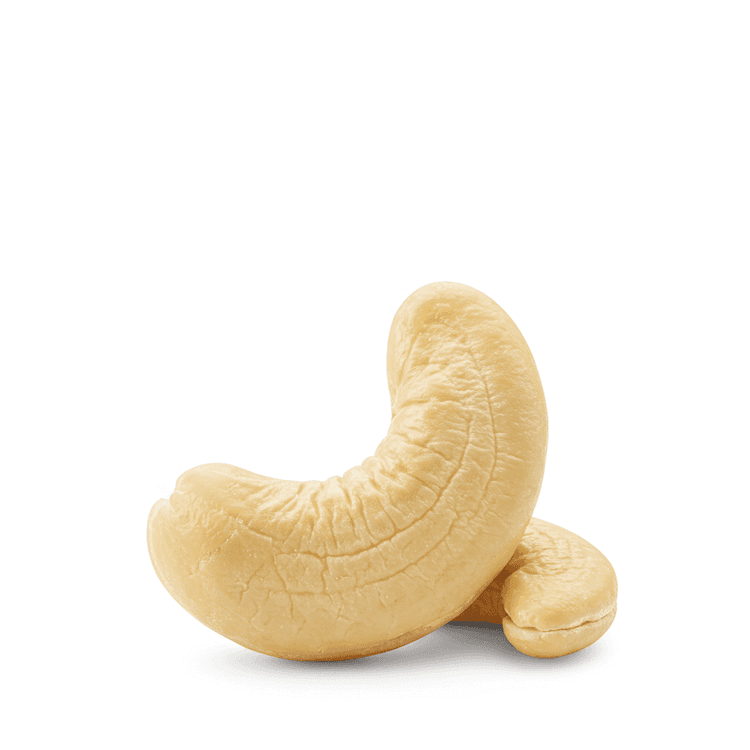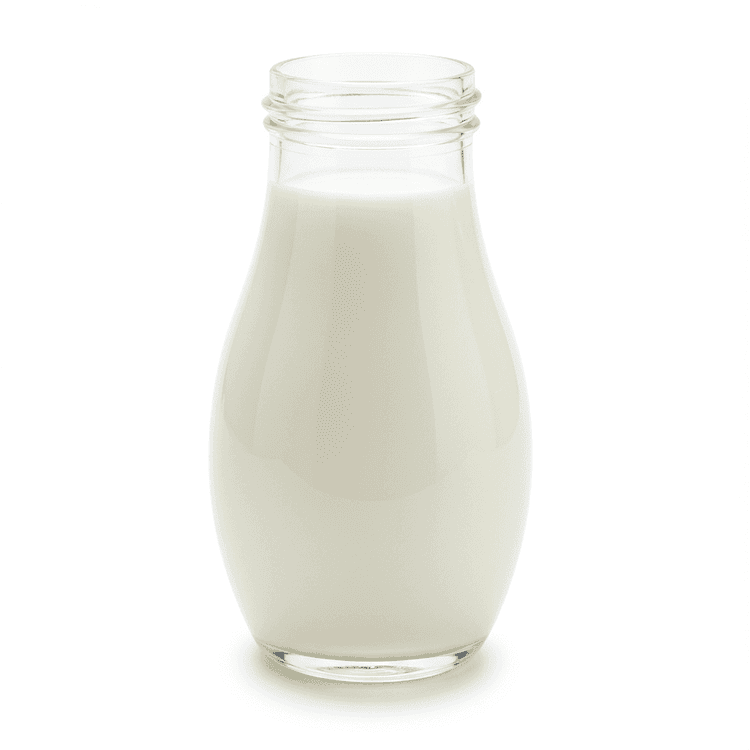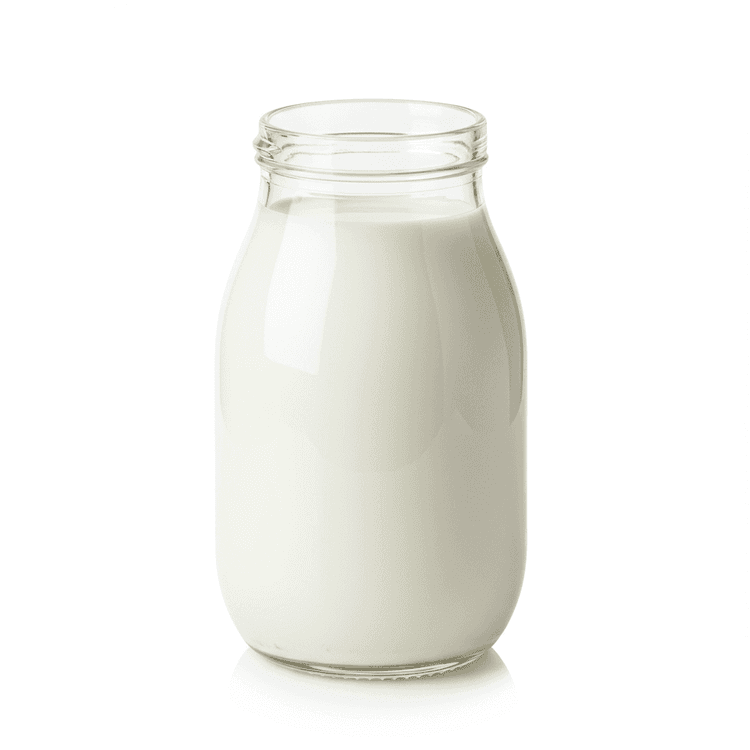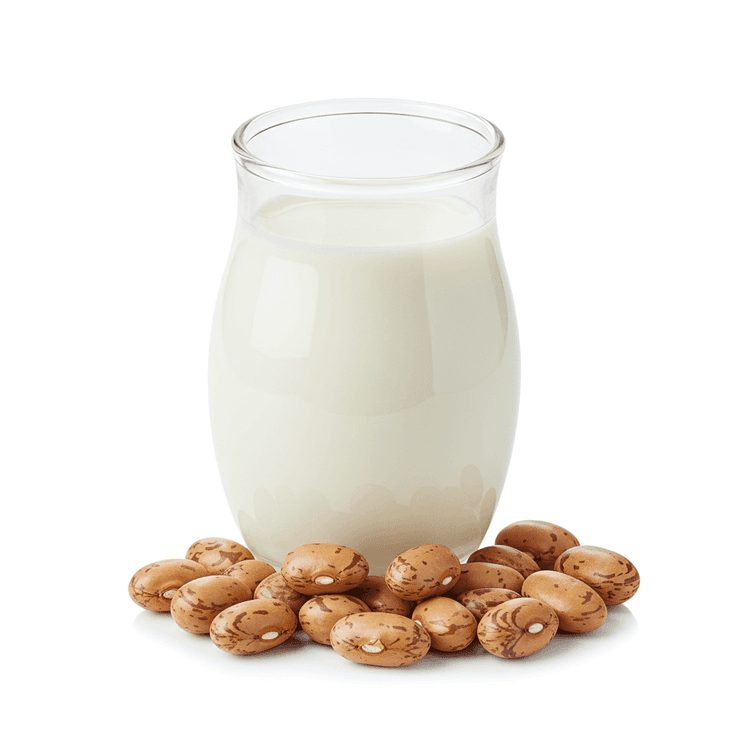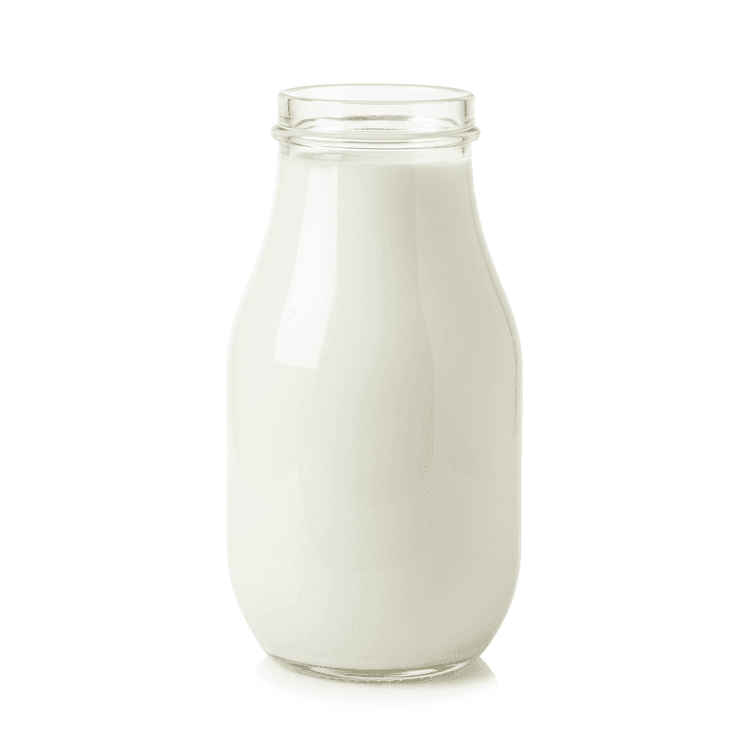
Almond Milk
Almond milk is a popular plant-based milk alternative known for its light, slightly nutty flavor and smooth, watery texture. Made from ground almonds and water, it's typically a creamy white color and is often fortified with vitamins and minerals like calcium and vitamin D. Almond milk is a versatile and low-calorie option for those seeking dairy-free alternatives. Many enjoy using unsweetened almond milk to control sugar intake, making it a healthy and delicious choice for various culinary applications.
Common Uses
- Used as a dairy-free milk substitute in coffee and tea, providing a subtle almond flavor and creamy texture without the lactose.- Added to smoothies and shakes for a boost of nutrients and a light, refreshing base.- Used in baking as a substitute for cow's milk in recipes like cakes, muffins, and pancakes, creating moist and flavorful results. - Used as a base for creamy soups and sauces, providing a delicate nutty taste and a smooth consistency.- Used to make vegan ice cream and other frozen desserts, offering a lighter alternative to traditional dairy-based recipes. - Consumed as a standalone beverage, either chilled or at room temperature, for a light and refreshing drink.
Health Benefits
- Good source of Vitamin E, acting as a powerful antioxidant.
- Naturally lactose-free and dairy-free, suitable for those with lactose intolerance or dairy allergies.
- Low in calories compared to cow's milk, aiding in weight management.
- May help regulate blood sugar levels due to its low glycemic index.
- Contains monounsaturated fats, beneficial for heart health.
- Fortified with calcium and vitamin D to support bone health.
Substitutes
Chefadora AI is here.
Experience smarter, stress-free cooking.
Storage Tips
Unopened almond milk cartons can be stored in a cool, dark pantry at room temperature until the expiration date. Once opened, almond milk must be refrigerated immediately and consumed within 7-10 days. Look for signs of spoilage such as sour smell, curdling, or changes in color before consumption. Freezing is generally not recommended as it can alter the texture and consistency of almond milk, making it grainy upon thawing.
Marnirni-apinthi Building, Lot Fourteen,
North Terrace, Adelaide, South Australia, 5000
Australia
